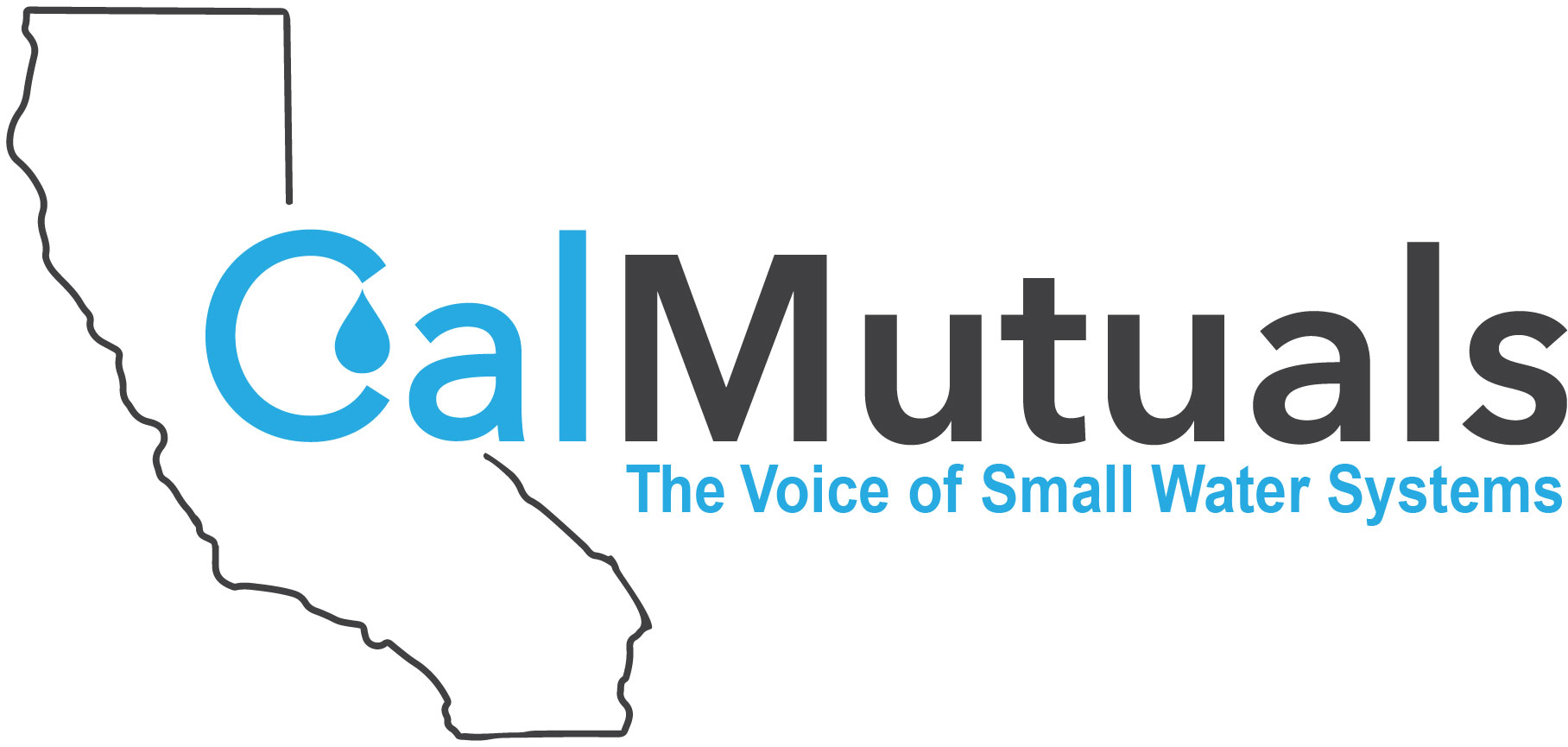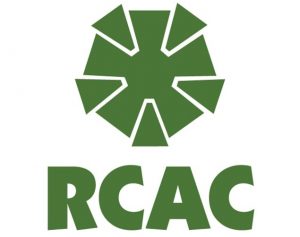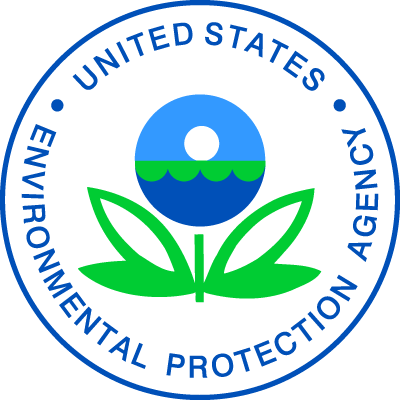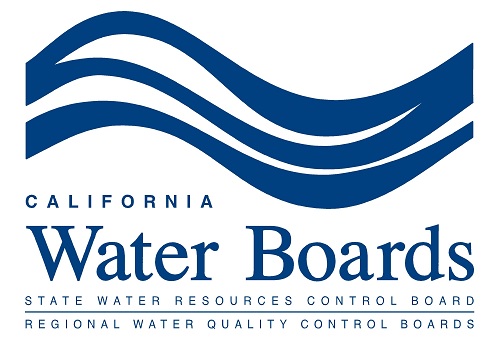Webinar | RCAC Public Notification Procedures
Webinar OnlyUnfortunately, water quality can sometimes change. Despite the efforts of water suppliers, problems with drinking water can and do occur. When problems arise, consumers have a right to know what happened and what they need to do to protect themselves. The public notice requirements of the Safe Drinking Water Act require water suppliers to provide this notice, and sets strict requirements on the form, manner, content, and frequency of public notices. EPA specifies three categories, or tiers, of public notification. The delivery timeframe depends on what tier a violation or situation falls into. Each tier has different required methods for delivery. Participants will learn: The 10 required elements of a public notice How to determine which tier your situation falls under Federal and state requirements pertaining to public communication and notification Resources and tools for complying with Federal and State requirements Why effective customer communication is vital for a small water system The recommended audience is water system operators and managers. For registration questions, contact us at: registration@rcac.org • (916) 447-9832 ext. 1429



